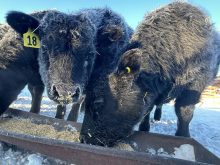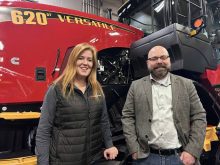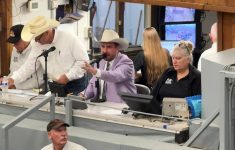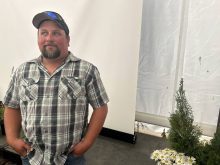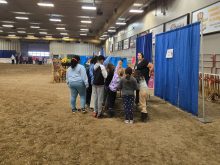Anyone who beds animals at the Royal Manitoba Winter Fair this year won’t be doing it with straw.
The Provincial Exhibition of Manitoba, which holds the major agro-tourism event in Brandon each year, says straw animal bedding will no longer be used at its events due to the cost of dealing with the used material.
Why it matters: The Royal Manitoba Winter Fair is one of three annual fairs put on by the Provincial Exhibition of Manitoba and draws crowds to its horse shows, livestock spotlights and ag sector outreach.
Read Also
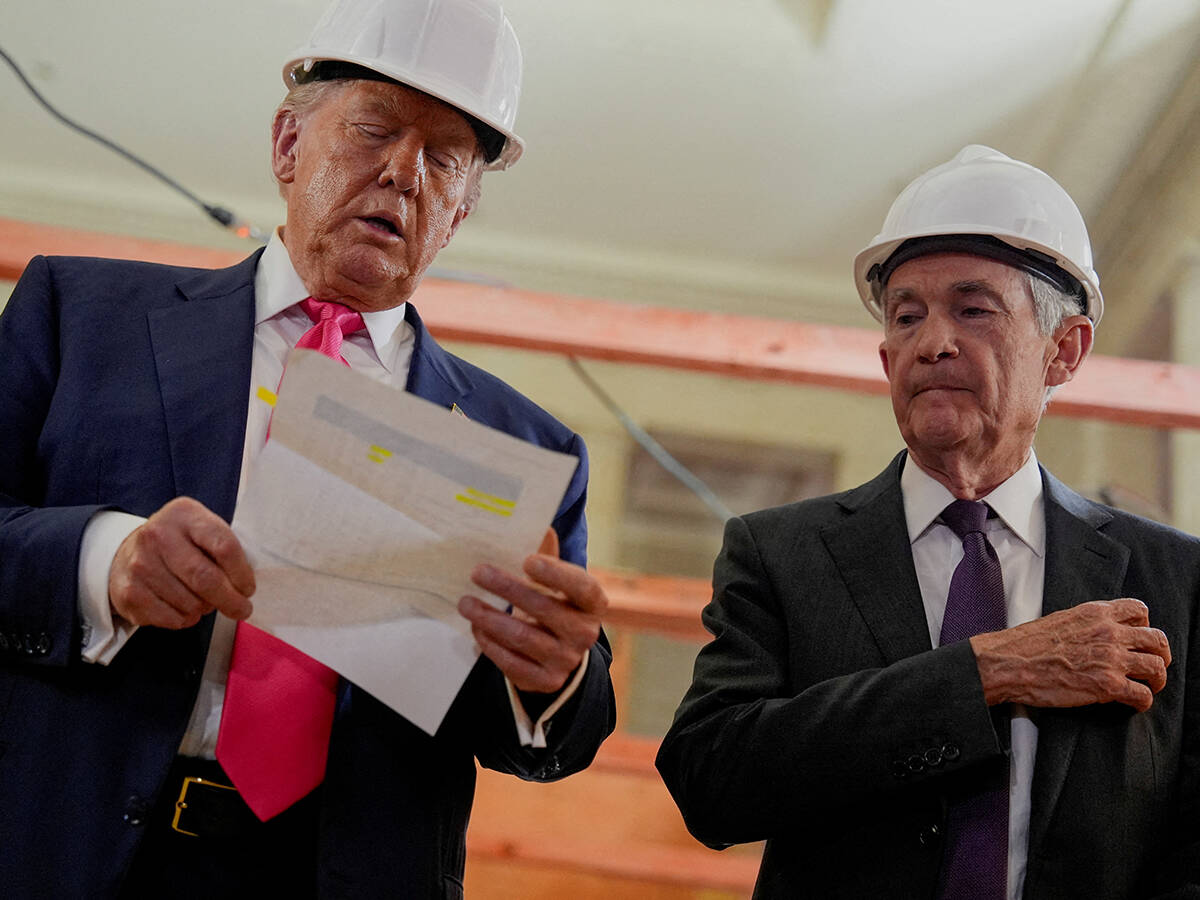
Farm trade policy pundits lay CUSMA odds
What’s the future of Canada’s free trade agreement with the U.S. and Mexico? Policy experts try to read the stars on the issue
The cost of waste transportation and waste tipping has risen, the organization said in a Jan. 9 social media post. Future events will have wood shaving and wood chip alternatives on hand, “subject to availability.”
General manager Mark Humphries said exhibitors will be able to purchase bedding materials from the event’s stockpile or source their own shavings or wood chips.
“Straw just turns out to be more bulky … When we actually start to move it out, it gets down to the sheer economics of it,” he said. “We can get more shavings into a tipping load than we can straw.”
Costs are driven by volume rather than weight, he added.
Manure is one of the biggest expenses for the exhibition’s agricultural fairs. At Ag Ex 2023, the victim of an early snowstorm in late October, show co-chair Dallas Johnston expected 120 tandem loads of manure to be hauled out of Brandon’s Keystone Centre.
That fair is the most cattle heavy of the exhibition’s three major events, with 2023 sporting five national or major regional breed shows and about 620 cattle.
The show typically maintains a 60-bale straw stockpile. Another 40 were added at the last minute in 2023 due to snow. The show estimated that it would spend $10,000 on manure hauling and $6,800 on wood chips for the event.
Other financial pressures are also rising. The Keystone Centre has raised the price of hosting events to make its own ends meet, Humphries noted.
The decision to limit bedding materials was not made lightly, “but we’re trying to cut down the expense to the exhibitor.
“If we have to start charging extra per class or per show because of the increased cost of bedding and transportation, I’m sure the exhibitors won’t be too comfortable. This way, we can still keep the entrance fee sensible,” said Humphries, though he acknowledged the policy will mean expense for exhibitors who previously sourced their own straw bedding.
The price to buy wood chips and shavings at the event is not yet known. The exhibition will watch the market and base the charge on what it pays.
“We don’t charge out the shavings to make a profit,” Humphries said. “We sell it actually at a straightforward one-for-one price.”
The exhibition is also trying to avoid raising visitor ticket prices. This will be the third year the organization has held ticket prices level.
“We understand the current climate that everybody’s in,” Humphries said. “The grocery basket price has gone up. The gas price is still very high. Cost of living in general is certainly a lot different than we were before COVID, so we are very conscious of that.”




